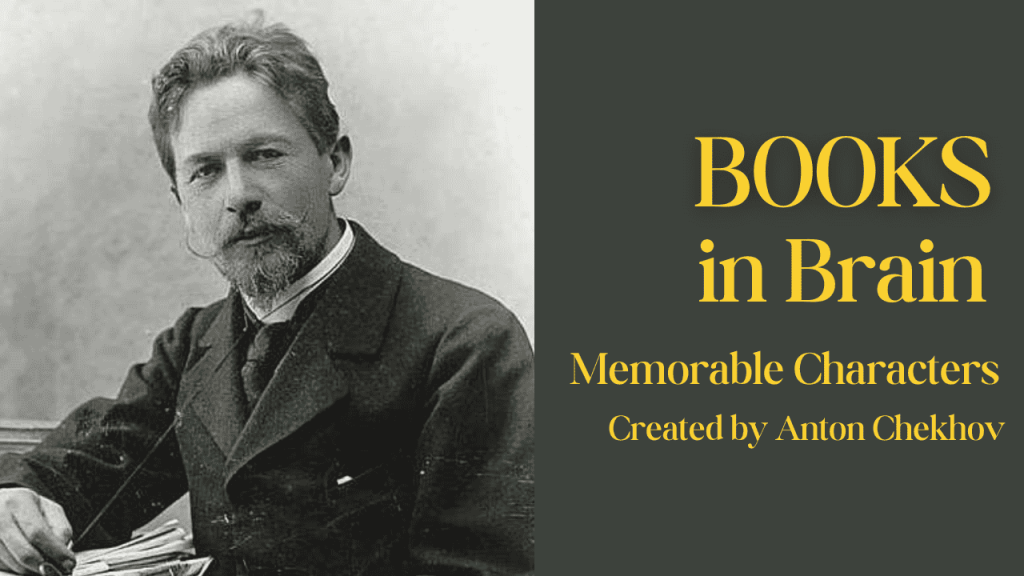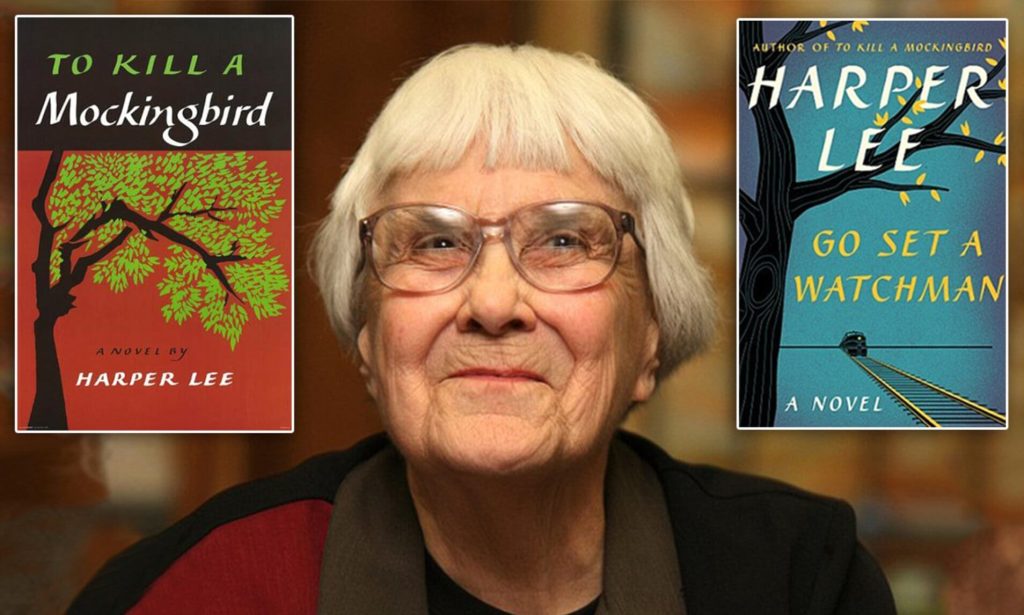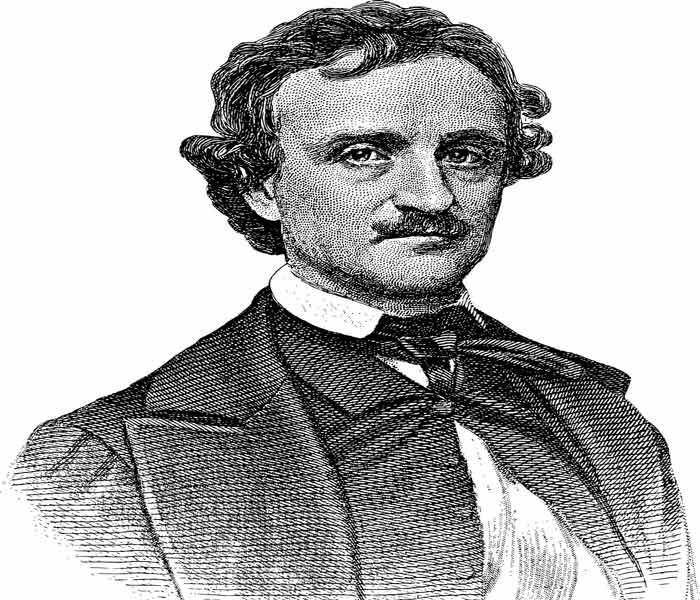Anton Chekhov (1860–1904) is widely regarded as one of the greatest Russian short story writers in history and a pioneer in modern drama. His ability to illuminate ordinary lives with extraordinary depth has cemented his status as a literary giant whose works transcend time and cultural boundaries.
Among his many contributions, Chekhov stands out for creating unforgettable characters. For example, Lopakhin in The Cherry Orchard reflects ambition and change, while Madame Ranevsky embodies nostalgia and loss. In God Sees the Truth, But Waits, Ivan Dmitrich Aksionov represents spiritual transformation and moral clarity.

The 10 Most Memorable Characters Created by Anton Chekhov
Look at 10 of his most memorable characters—each as relevant today as they were when first written.
1. Ivan Dmitrich Aksionov (God Sees the Truth, But Waits, 1872)
Ivan Dmitrich Aksionov is a merchant who faces a terrible injustice. Despite being innocent, he is accused of murder and sent to Siberian prison. The years in prison are filled with pain and hardship, but Ivan learns to accept his fate. Over time, he discovers inner peace and chooses forgiveness instead of bitterness. His spiritual growth is inspiring. Ivan’s story explores the themes of suffering, fate, and redemption. It leaves readers moved by his resilience and ability to forgive those who wronged him.
2. Madame Ranevsky (The Cherry Orchard, 1904)
Madame Ranevsky is a wealthy landowner who faces financial ruin. She loves her family’s cherry orchard and cannot imagine losing it. Her inability to adapt to change mirrors the decline of the Russian aristocracy. Madame Ranevsky is both nostalgic and blind to reality. This makes her a tragic yet relatable character. Chekhov portrays her struggles with great compassion, showing how hard it can be to let go of the past.
3. Lopakhin (The Cherry Orchard, 1904)
Lopakhin is a businessman from a peasant family. He represents the rise of the working class in Russia. When Madame Ranevsky’s family loses their cherry orchard, Lopakhin buys it. This event symbolizes social change and progress. Lopakhin’s practicality and ambition clash with Ranevsky’s sentimentality. His success is inspiring and bittersweet, as it marks the end of an era. Lopakhin’s character captures the spirit of transformation in Chekhov’s time.
4. Nina Zarechnaya (The Seagull, 1896)
Nina Zarechnaya is a young woman with big dreams of becoming an actress. She starts as an innocent, hopeful girl full of ambition. However, life teaches her hard lessons. She faces failure and heartbreak but grows stronger through her experiences. Nina’s journey from innocence to resilience is touching and inspiring. Chekhov captures the bittersweet struggle of chasing dreams and the courage it takes to keep going.
5. Dmitri Gurov (The Lady with the Dog, 1899)
Dmitri Gurov is a man stuck in a dull, loveless marriage. During a vacation, he meets Anna, a young woman, and falls deeply in love. Initially, Gurov is cynical about love, but his feelings for Anna change him. He discovers a new sense of purpose and emotion. Chekhov’s portrayal of Gurov’s transformation is subtle and powerful. The story captures the complexities of love and self-discovery, making Gurov a remarkable character.
6. Andrei Prozorov (Three Sisters, 1901)
Andrei Prozorov is the brother of the three sisters in this famous play. He dreams of success and a brighter future but feels trapped by his poor choices. Andrei marries a woman who drains his happiness and gives up on his ambitions. His story is about unfulfilled dreams and the pain of mediocrity. Through Andrei, Chekhov explores themes of stagnation and human frustration, making his struggles feel universal.
7. Yelena Andreevna (Uncle Vanya, 1898)
Yelena Andreevna is a beautiful young woman married to an older professor. She feels trapped in a dull and loveless marriage. Yelena longs for excitement and purpose but cannot escape her situation. Her charm and idleness make her a fascinating character. Chekhov masterfully captures her inner conflict and the emotional complexities of relationships. Yelena’s story highlights the struggles of living with unfulfilled desires.
8. Dr. Astrov (Uncle Vanya, 1898)
Dr. Astrov is a country doctor with a strong love for nature. He is deeply concerned about forest destruction and advocates for conservation. However, his personal life is entirely of disappointment. He dreams of a meaningful life but feels unfulfilled. Astrov’s passion for the environment reflects Chekhov’s values. His character resonates with readers as he seeks purpose and connection in a changing world.
9. Ivanov (Ivanov, 1887)
Ivanov is a man facing deep personal and financial troubles. He is weighed down by debt and guilt over his wife’s illness. Ivanov’s internal struggles make him one of Chekhov’s most complex characters. He wrestles with depression and the expectations of society. His story addresses themes of mental health and moral dilemmas, which remain relevant today. Chekhov’s empathetic portrayal of Ivanov’s turmoil makes readers reflect on life’s challenges.
10. Masha (Three Sisters, 1901)
Masha is one of the three sisters in Chekhov’s play. She is married to a man she does not love and feels trapped in a life of monotony. Masha longs for passion and meaning but cannot escape her circumstances. Her brief romance with a military officer brings her happiness but ends in sadness. Masha’s quiet suffering and unfulfilled desires make her a profoundly moving character. Chekhov’s depiction of her emotions resonates with anyone stuck in life.
The Bottom Line
Each of Chekhov’s characters lives on as a timeless example of literary mastery. Chekhov’s genius lies in his ability to make us see ourselves— our own emotions, struggles, and aspirations in his creations. Dive into his works to experience the brilliance of these unforgettable characters for you.


